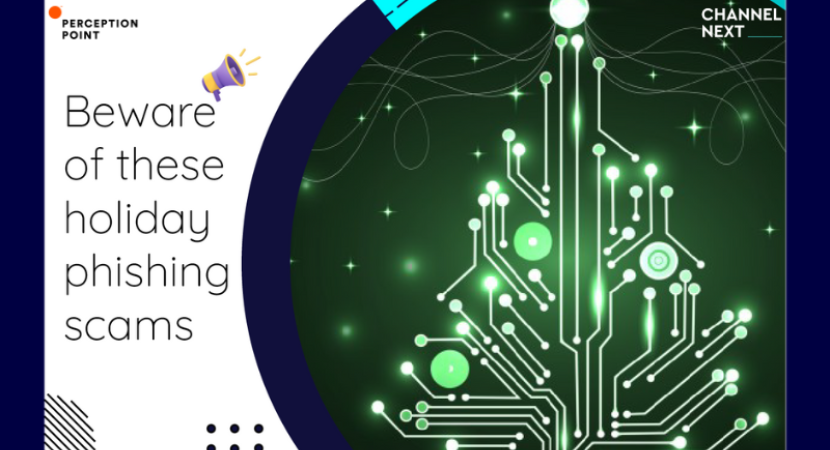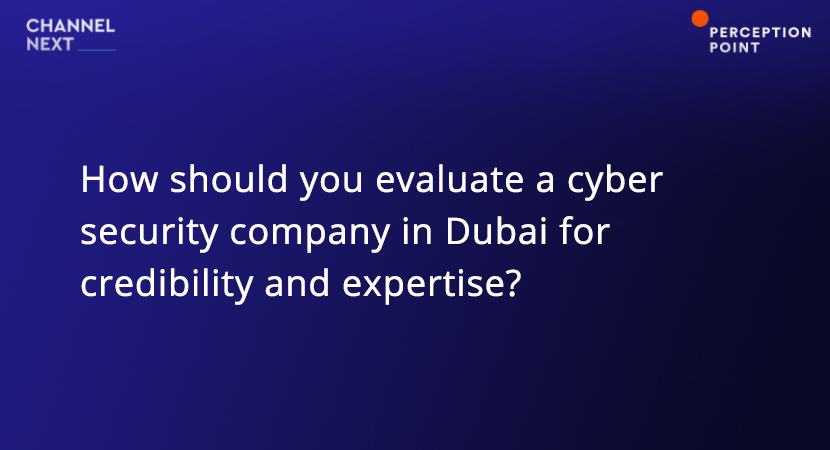
Phishing attacks are rampant now that the holiday season has begun. Cybercriminals are constantly looking for ways to exploit the holiday season and gain access to victims’ personal information. You need to be aware of the most prevalent phishing attacks in order to protect your organization and yourself.
This blog will review four holiday-themed Phishing Attacks to Watch Out For. Continue reading to find out more.
Fake Shipping Notifications
Fraudsters love to take advantage of the holiday season to scam unsuspecting victims. Fake shipping notifications are a common way to phish. These notifications purport to come from legitimate shipping companies and notify the recipient that a shipment has been shipped.
A link to a malicious website will be included in the scammer’s message. The form may require personal information. The scammer will have access to the victim’s personal information, including passwords and credit card information, if the victim clicks on the link or fills out the form.
This scam is not only common throughout the year, but it is especially important to be aware of this scam during holidays because of increased shipping activity. Businesses should be cautious about unexpected messages that come from unknown or unfamiliar vendors as the end of the year draws near.
Fake Charitable donations
Holidays are a time for giving. Many organizations use this time to reflect on their lives and give back to the communities they serve. Cybercriminals are also trying to tap into the spirit by soliciting donations to false charities.
These phishing scams attempt to get money or personal data by pretending to be a charity. They are typically sent by unsolicited email, phone calls or text messages asking recipients to give information, such as credit card numbers, or to donate to a charity. To make it appear legitimate, scammers can also pretend to be the CEO of an organization.
Do your research to ensure that you only donate to legitimate charities. Never give money or personal information without verifying the legitimacy. Ask!
Fake gift cards
Emails offering gift cards for free are often sent by cybercriminals. These emails appear to come from popular retailers or vendors offering discounted or free gift cards. The messages are part of a scam that aims to steal financial and personal information as well as to install malware on victims’ devices.
Be wary of emails that offer gift cards. Even if they seem to be from a trusted vendor, this will help protect your company from scammers. You should also avoid clicking on links and downloading attachments contained in these emails.
Fake Holiday Offers
Fake holiday offers are becoming a more common threat. Emails that promise amazing holiday deals are often a scam. To trick victims into entering their personal information such as bank information or credit card numbers, scammers create fake websites and links to make it appear like they are coming from a legitimate company.
Be aware of these scams to make sure your organization is not duped by a compromised/impersonated vendor account, or worse-that your organization is the one being spoofed.
Take a break
Phishing attacks can happen at any time of the year, but are more common during holidays. Scammers know that people are more inclined to shop online, make transactions and share personal information. People are also more likely to be in a hurry and less likely than others to question suspicious emails during holidays. Holiday-themed attacks are particularly dangerous because they often appear to be from legitimate sources. We recommend the following steps to protect your organization and yourself from being a victim of these attacks:
1.Unexpected emails and messages claiming to be from familiar organisations are not to be trusted, even though the email address may seem legitimate.
2.Do not click on attachments or links in emails sent by unknown senders.
- Always verify the URL of any website that you are directed from an email.
- Phishing attempts can often be detected by poor grammar or typos in emails.
- In response to an email, don’t give out any personal information such as your bank details or credit cards number.
- You can verify that the sender of your message is genuine by reaching out to them via an official email address, or telephone number.
- Make sure you and your team are aware of phishing techniques and how to spot them.
- Install an advanced email protection solutionto stop these types of attacks reaching your users’ inboxes.



















